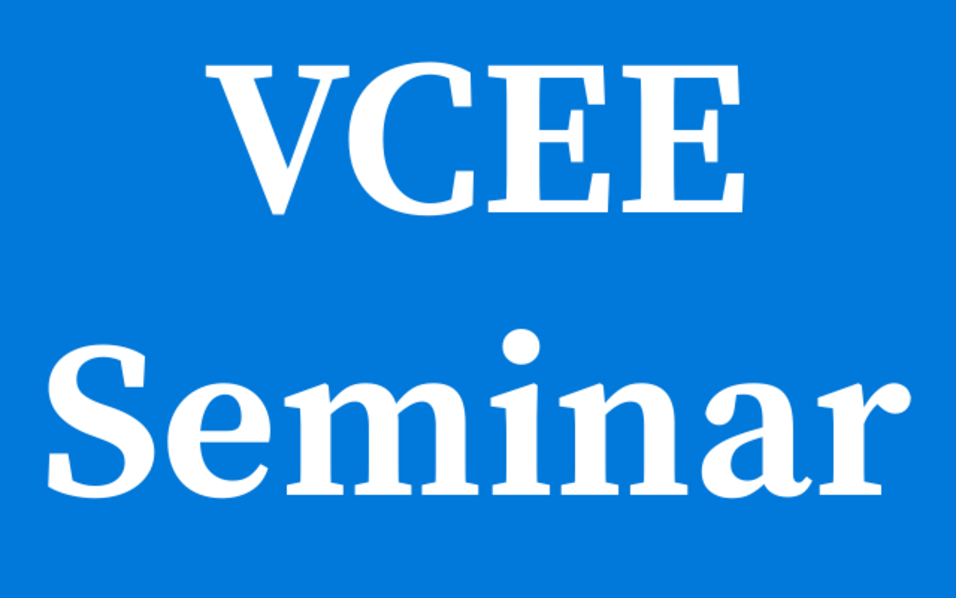Abstract:
In many interactions, individuals can benefit from misleading their counterpart about their private information. To do so they can lie directly by misreporting the value of their private information. However, they can also evade by communications that might lead to false beliefs, yet which are not by themselves direct misrepresentations of the private value. In this paper, we investigate theoretically and experimentally whether i) the psychological cost of deception is higher for direct lying than for evasion, and ii) the language of evasion matters, i.e. some types of evasion are less costly than others. We compare direct lying with 3 types of evasion: falsely declaring ignorance, half-truth and active silence. Our results show that subjects are more likely to engage in half-truth and active silence than in direct lying, but that falsely declaring ignorance is not significantly different than direct lying. Reputational concerns do play a role, but are not the sole driver of the observed differences.

